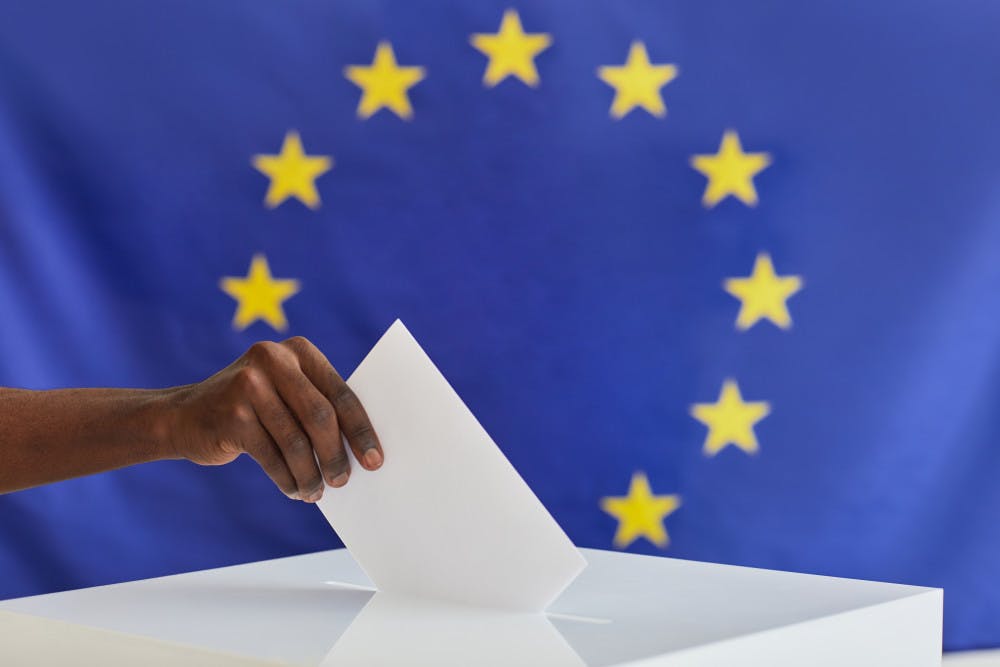By Jahnvi Upreti
Staff Writer
The top two candidates who emerged from the first round of France’s presidential voting on Sunday, April 23, were Marine Le Pen, a controversial nationalist, and Emmanuel Macron, a pro-European Union leader of the new centrist party, Vox reported.
France’s political atmosphere has been dominated by socialist and center-right opposition Republicans for decades, CNN reported. However, the parties of the two top candidates for this year's French presidential elections greatly differ from the most prominent political ideologies.

France’s controversial election follows other major events like Donald Trump’s victory in the United State’s presidential election and the Brexit referendum.
Le Pen took over France’s far right political party, the National Front, from her father, Jean-Marie Le Pen, who was convicted for saying that the Nazi occupation of France was not “particularly inhumane,” according to The Guardian.
After taking the party over in January 2011, Le Pen has henceforth attempted to soften the image of the National Front, which has aided her during the first round of voting, Vox reported.
But, in a symbolic gesture to show her commitment to the entire country, not just to one party, Le Pen has stepped down as leader of the party, according to BBC News.
While she has tried to rebrand the National Front, Le Pen did not believe the French state was responsible for the 1942 Vel d’Hiv roundup of 13,000 Jews by French police. She also proposed banning all religious headwear in public places, according to Vox.
Another campaign promise of Le Pen was to follow Britain’s lead in exiting from the European Union, according to Vox.
Macron, however, promotes a political stance contrary to Le Pen’s.
As the founder of his newly-created centrist party known as “En Marche,” or “On the Move,” the candidate has tried to project a liberal image of himself in the wake of Donald Trump’s presidential victory in the U.S., according to the Telegraph.
“I have seen the emptiness of (France’s) political system from the inside… I reject this system,” Macron said, according to the Telegraph, while calling for a “democratic revolution.”
Macron is projected to win against Le Pen during the second and final round of voting taking place on Sunday, May 7, according to BBC News’s assessment of opinion polls.
There is concern about this projection because Macron has never been elected to public office before, according to The Telegraph. Prior to his entrance to the political sphere, he was a banker.
Following the first round of voting, in which Macron and Le Pen emerged as the clear victors, other nominees withdrew from the race.
Upon conceding, Francois Fillon — once the favorite candidate — offered his support to Macron in order to prevent a Le Pen presidency, according to Express.
“Extremism can only give rise to division within France and so I urge you to vote against extremism,” Fillon said on April 23 in his concession speech.







